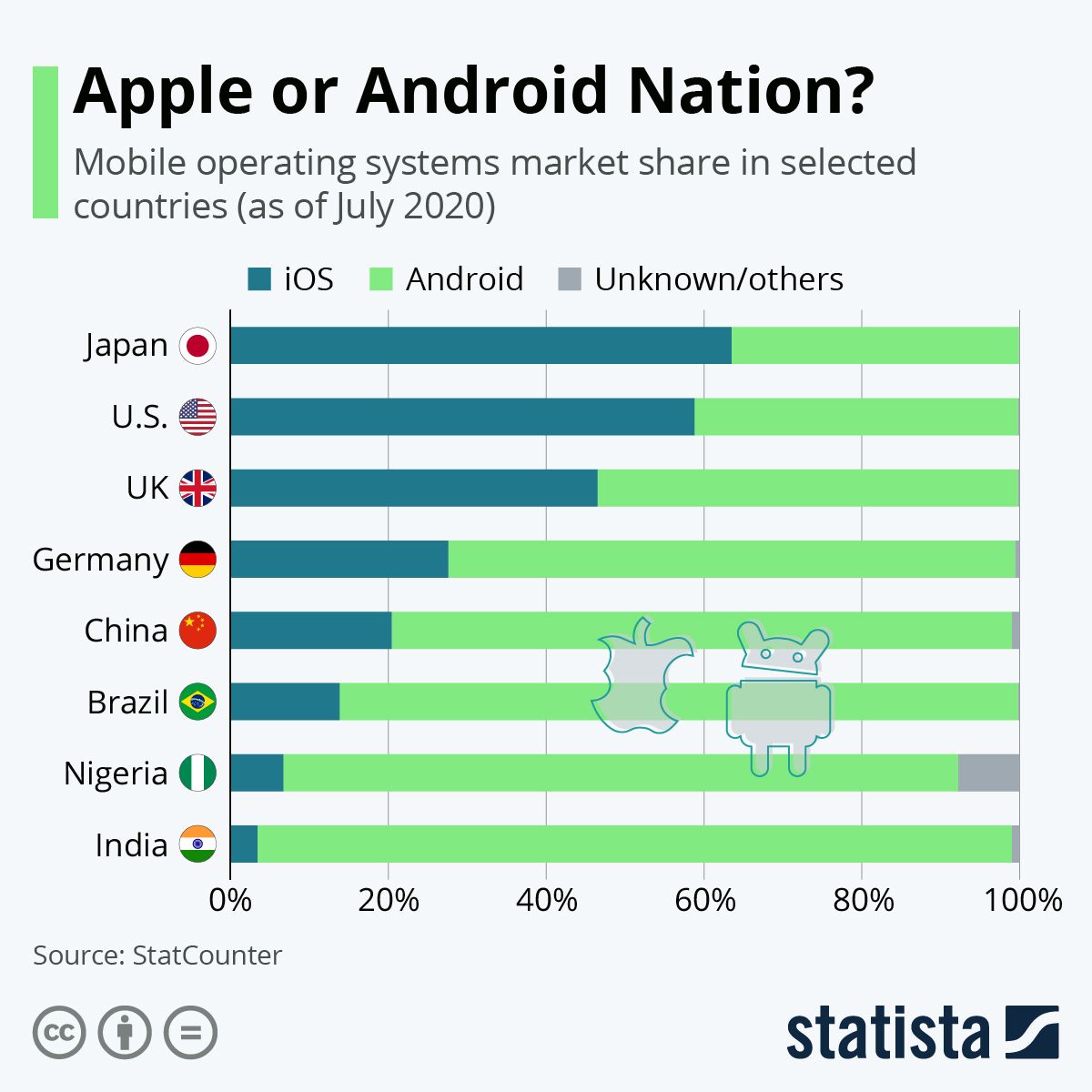When it comes to smartphones, two operating systems dominate the market: iOS and Android. Both of these platforms have their own set of features and loyal users, making it difficult for consumers to choose between the two. In this article, we will compare the key differences between iOS and Android to help you make an informed decision.
Design and User Interface
iOS is known for its sleek and minimalist design, with a clean user interface that is easy to navigate. On the other hand, Android offers more customization options and allows users to tweak their devices to suit their personal preferences. While iOS provides a more polished and consistent experience, Android offers greater flexibility for users who want to personalize their devices.
App Ecosystem
One of the major differences between iOS and Android is their app ecosystems. The Apple App Store is known for its strict guidelines and curated selection of apps, ensuring a higher level of quality and security. In contrast, the Google Play Store has a more open approach, allowing developers to easily publish their apps. This results in a wider variety of apps for Android users, but may also lead to more security risks.
Hardware Compatibility
iOS is exclusively available on Apple devices, such as the iPhone and iPad, ensuring a seamless integration between hardware and software. This results in optimized performance and a consistent user experience across all devices. On the other hand, Android is available on a wide range of devices from different manufacturers, leading to varying performance and compatibility issues.
Updates and Support
One of the key advantages of iOS is its timely updates and long-term support for older devices. Apple releases regular updates to address security vulnerabilities and introduce new features, ensuring that even older devices remain up-to-date. In contrast, Android updates are often delayed due to the fragmented nature of the platform, with some devices receiving updates faster than others.
Security and Privacy
iOS is known for its strong emphasis on security and privacy, with built-in features such as Face ID and end-to-end encryption to protect user data. Apple also has stringent privacy policies that limit the amount of data collected from users. While Android has made significant improvements in security over the years, it still lags behind iOS in terms of overall security measures.
Conclusion
Both iOS and Android have their own strengths and weaknesses, making it a matter of personal preference when choosing between the two. iOS offers a more polished and secure experience, while Android provides greater customization options and a wider selection of devices. Ultimately, the decision comes down to what features are most important to you as a user.

